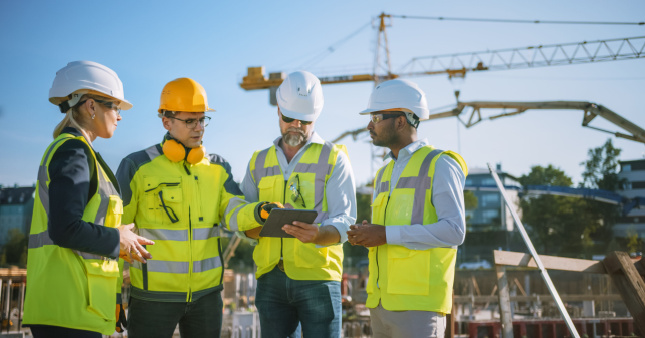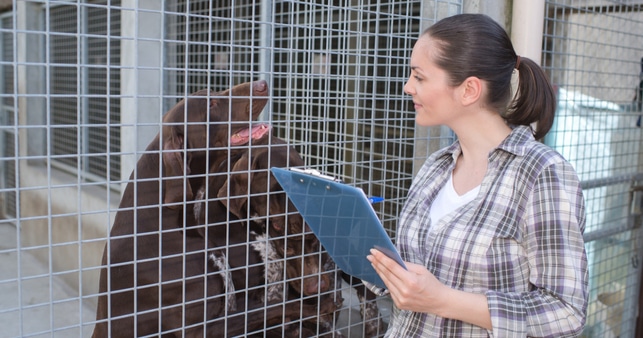
The construction industry is one of the most crucial sectors in any economy. It is responsible for building and maintaining the infrastructure that society depends on. However, the industry is also known for being one of the most dangerous and challenging to work in. The nature of the work, combined with long hours, demanding physical labour, and harsh working conditions, can take a significant toll on the mental health of construction workers.
Studies conducted by MATES in Construction shows that [1]every year 190 Australians working in the construction industry take their own lives; meaning we lose a construction worker every second day to suicide. The pandemic has undoubtedly led to increased stress, anxiety, and depression among workers, with many struggling to cope with the uncertainty and disruption. Isolation, financial insecurity, and concerns about job security have also contributed to the worsening mental health crisis within this industry.
Jude Taylor, Employsure Associate Director Health, and Safety commented, “Urgent action is needed to address the mental health crisis within the construction industry. Employers must prioritize the mental health and wellbeing of their workers and create a culture of openness and support. This can be achieved through initiatives such as mental health awareness training, access to confidential support services, and regular communication and engagement with workers to identify and address mental health concerns.”
“Workers must also be encouraged to take responsibility for their mental health and wellbeing. This can involve taking breaks when needed, seeking support from colleagues or professionals when feeling overwhelmed, and adopting healthy coping mechanisms such as exercise, meditation, and mindfulness.”
“The mental health crisis in the construction industry is a serious issue that requires urgent attention and action. It is time for the industry to prioritize the mental health and wellbeing of its workers and create a culture that supports and empowers workers to take care of their mental health. By working together, we can ensure that construction workers are provided with the support and resources they need to thrive both on and off the job site,” concluded Jude.



